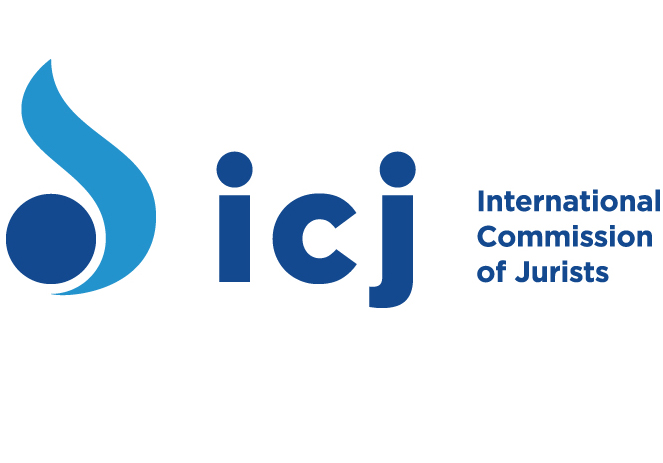The question of impunity for gross violations of human rights is a serious concern for society. To tackle this issue, the Commission Nationale Consultative des Droits de I’Homme (France) and the International Commission of Jurists are co-sponsoring an “International Meeting Concerning Impunity” from 2 to 5 November under the auspices of the United Nations.
Some 60 experts will attend from such countries as Albania, Argentina, Bulgaria, Chile, Czechoslovakia, India, Jordan, Philippines, Russia, Uganda and Uruguay. Participants include victims as well as jurists, legislators and historians.
The crimes – political assassinations, disappearances, detention and torture – cannot be ignored. History has shown that impunity for such violations has opened the door to what are classified as new crimes against humanity. Impunity is often linked to the need to hold peace negotiations to end armed clashes or serious internal conflict. Impunity is also an issue as many fledgling democracies face a grim legacy from the past: the abuses carried out by previous dictatorial regimes.
The meeting plans to propose guidelines within the framework of international law and human rights treaties. Among the issues to be confronted are:
- Who should be considered a perpetrator of serious human rights abuses? Distinctions are sometimes made between those who ordered the crimes and those who carried them out, in other words acting under cover of the “due obedience” principle of following orders given by superiors.
- Can those responsible for abuses be brought to trial, particularly in courts where judges may have facilitated de facto impunity? Can they be tried now for acts exonerated under previous regimes?
- What measures can be applied to the perpetrators, such as universal jurisdiction (extradition) or an International Penal Court? What measures can be taken against countries that offer shelter to these criminals?
- How should the victims of gross human rights violations and their families be treated? What status should be given to those who participated in armed struggle and those sentenced under the law in force during the previous regime?




